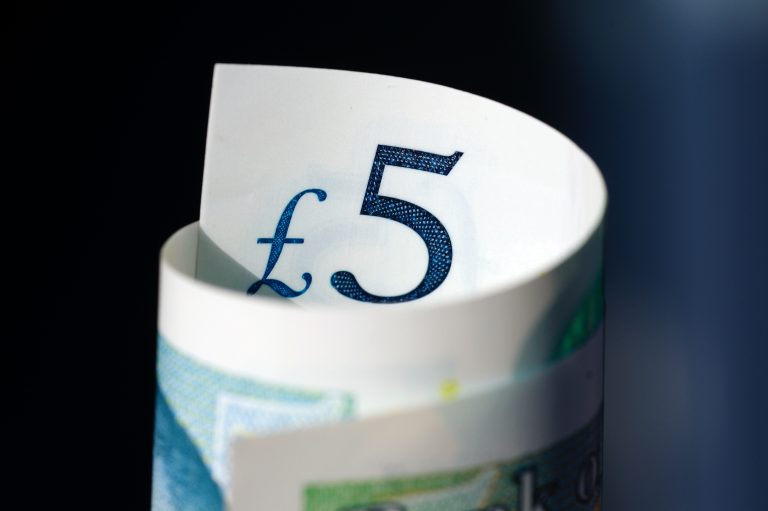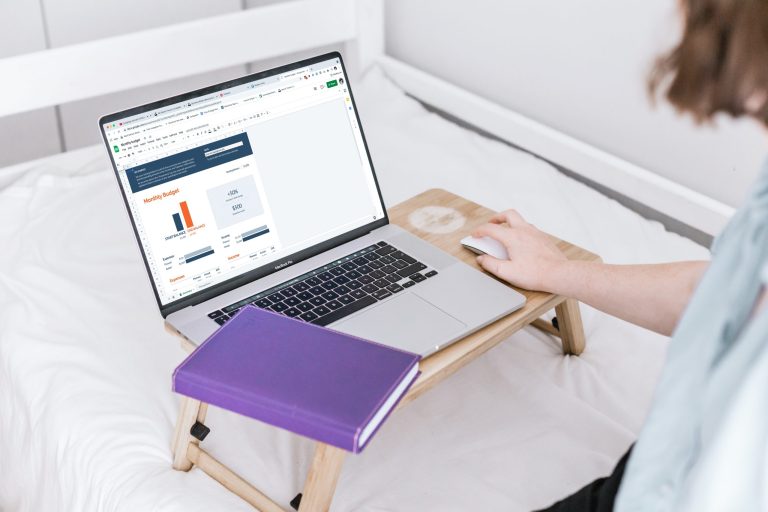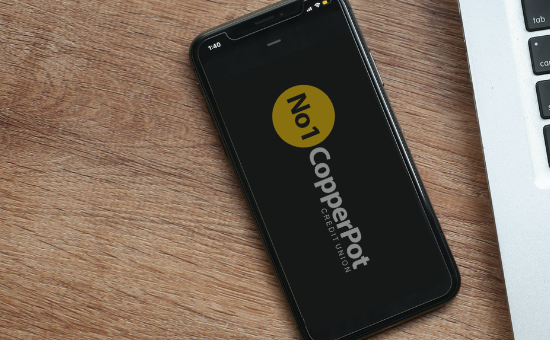Where to start
As soon as you start to feel you are struggling with your finances, it’s best to start thinking about how you can improve your situation. Completing a budget planner may help you to improve your circumstances as it will help to highlight areas where you may be overspending, allowing you to try to cut back on costs and save yourself money. Anything you save could then be used to help manage your debt.
If you feel you’re in a situation where you need financial assistance or you are struggling with your repayments, try talking to your creditors as they may be able to help. Some creditors may help by offering things such as lower repayments, support with budget planning, and payment breaks.
We have outlined some options you could consider to support in managing your debt:
✓ Consolidating your debt
✓ Entering a Debt Management Plan (DMP)
✓ Entering an Individual Voluntary Agreement (IVA)
✓ Declaring bankruptcy
They all come with their own risks and it is important you are fully aware of the risks, costs, and implications of choosing any of them. We have also provided different sources of help should you need to talk further support.
It is worth knowing that different Police Forces deal with employee debt differently and you should learn more about your employers approach to debt before choosing routes such as entering an IVA, DMP or declaring bankruptcy. If you are a Police Officer or member of Police Staff who encounters financial difficulties, you should disclose it in accordance with your forces guidelines, as it may affect your vetting status or certain postings. The Credit Union will not make disclosures to your employer unless legally required to do so by a Police Force.
What is debt consolidation?
A debt consolidation loan can potentially help people to manage their debts. Debt consolidation consists of bringing all your existing borrowing together, into one monthly repayment. It usually means getting a loan equal to the value of your total debt (and ideally a lower interest rate) and using these funds to clear and repay all existing debt. Going forward you will then only be managing one monthly repayment.
The benefit is that it could reduce your monthly repayments and give you more disposable income. One of the drawbacks of debt consolidation is that you could end up paying more back if you consolidate existing debts, you may pay a higher rate of interest or make repayments over a longer term. This means you may pay more interest overall. A variety of banks, building societies, and credit unions offer debt consolidation loans to help you get your finances back on track.
Debt Calculator
The following calculator has been designed to allow you to see if consolidating your debt with No1 CopperPot could save you money. The calculator only takes monthly payments and APR into account, it does not show the overall payable amounts for existing debt or any early repayment/settlement fees you may incur. This means that even though your monthly payment may be cheaper you could pay more interest over the term of the loan.
Pick a loan term to find your most suitable monthly repayments:
You are currently paying
£{{ currentMonthlyRepayment }} per month
Amount
£{{ currentTotalDebt }}
Average APR
{{ avgAPR }}%
Your new monthly repayment
£{{ newMonthlyRepayment }} per month
We'll lend you
£{{ currentTotalDebt }}
APR
{{ visible_apr_rate }}%
Debt will be repaid after
{{ parseInt(timeframe/12) }} years
We could save you £{{ repaymentDifference }} per month by consolidating
Consolidating your debt could reduce your monthly outgoings, leaving you with more disposable cash each month. Care should be taken when consolidating debt. It may increase your total amount payable, or the period, over which it is to be paid. If you are unsure of what to do, please seek independent financial advice. Missing loan repayments could have a negative impact on your credit file.
You are already paying the best rates!
What is a Debt Management Plan (DMP)?
This is the least formal debt plan, as it is an agreement between a debtor and creditor when usual contractual payments cannot be made. It is not legally binding and therefore there is no obligation for the creditor to agree to freeze interest rates or stop default action. However, creditors may agree to reduce or stop the interest rate and any charges that your loan may incur.
Although some creditors may freeze or reduce interest rates, the DMP will continue until the debt is paid back in full, including any repayments of interest and charges that were applied to the loan. If you choose this option, you will contact a DMP provider who helps you work out an affordable monthly repayment and contacts the creditor on your behalf. Alternatively, you can arrange this yourself or contact the Citizens Advice Bureau (CAB). You could save money by doing this yourself as most DMP providers charge for their service. If your plan is agreed, you will then make one monthly repayment to your DMP provider, who then pays your creditors on your behalf.
If you default on your agreement your creditors could still pursue further legal action. They could also contact you to try and make changes to the agreement throughout the course of the plan. With this option, a default notice could be issued if you default on your DMP. This would stay on your credit file for 6 years from the date it was last issued. If you repay your DMP as agreed this will show on your credit file as an arrangement and once paid in full it will show as settled.
You can use a Debt Management Plan for the following reasons:
✓ Overdrafts
✓ Personal loans
✓ Bank or building society loans
✓ Money borrowed from family or friends
✓ Credit card, store card or payday loans
✓ Catalogue, home credit or in-store credit debts.
You can’t pay off court fines, Council Tax, gas and electricity bills, child support and maintenance, mortgage repayments or any loans secured against your home. To find out the full list you can check out the Money Helper website here.
What is an Individual Voluntary Arrangement (IVA)?
If a DMP isn’t working out for you, or if it’s not plausible, an Individual Voluntary Arrangement (IVA) is another option. This is a legally binding agreement between you and your creditors. Once you begin to set up an IVA, an Insolvency Practitioner will work with you to put together a proposal to take to your creditors for approval. Within an IVA there is a voluntary code of practice called the IVA Protocol. All insolvency practitioners and most creditors have signed up to this protocol, as it aims to make sure all IVAs are clear and fair. Please be aware that your creditors can challenge an IVA proposal, as they are not forced to approve it. Once this agreement has been signed, neither you nor your creditors can change your mind. It’s important to make sure it’s the right decision for you.
An IVA freezes your debts and allows you to pay them back over a set period. Choosing an IVA can mean that up to 80% of your debt is written off and you pay back the rest in affordable monthly repayments, with no added interest and no further legal action from your creditors. To be considered for an IVA you will need to prove you have a long-term income, as the repayments for an IVA usually span over a five-or-six-year period. After this period your debts would be discharged.
You need to ensure that you can commit to a 5-year plan as your IVA could fail if you miss a repayment. This could lead to creditors petitioning for your bankruptcy. As with any financial agreement, it’s important to keep to the terms of the agreement in order to avoid any repercussions, such as legal action. IVA’s are listed on the Public Insolvency Register and recorded on your credit file, meaning your credit rating will be affected. The IVA will be erased from your credit file 6 years after the IVA has ended. The decision to enter an IVA should not be taken lightly and requires your full cooperation with your IVA Supervisor. You will not be able to take out any new lending above £500 during the IVA without the consent of the IVA practitioner.
You can use an IVA to pay off the following:
✓ Overdrafts
✓ Personal loans
✓ Catalogue debts
✓ Council tax arrears
✓ Hire purchase debts
✓ Mortgage shortfalls (any remaining balance owed after repossession or sale)
✓ Credit and store cards
✓ Money you owe to HM Revenue & Customs
You are unable to pay off student loans, magistrates court fines, child maintenance or child support arrears and certain types of car finance.
What does bankruptcy mean?
Applying for bankruptcy should be a last resort as it can have a lot of implications on your financial health. Make sure you talk to a debt advisor before you make this decision, as there might be other options for you. Bankruptcy can help you to write off all the debts you can prove you owe and thus allow you to make a fresh start with reduced financial pressure. If you have any assets they will be taken into consideration when going bankrupt and could be used to pay off your debts. Once you are bankrupt you won’t be able to apply for credit of over £500 without telling the lender about your bankruptcy and any credit you receive in the future is likely to be expensive. Bankruptcy affects your credit rating and credit reference agencies will keep the details of your bankruptcy on file for a minimum of 6 years.
Can a creditor make me bankrupt?
A creditor can force you into bankruptcy if you owe a minimum of £5,000. It’s rare that a lender will make a borrower bankrupt as they often prefer to work out a repayment plan with you to pay off your debts.
Additional help
We have composed a list of services that can help you if you have any worries on managing your debt.
Citizens Advice offers phone and webchat services. They also have advice centres in England, Wales and Scotland.
Telephone (England): 0800 144 8848
Telephone (Wales): 0800 702 2020
Telephone (Scotland): 0800 028 1456
Webchat service
Monday to Friday, 8am to 7pm
Find out about call charges
Community Money Advice offers phone, email and face to face services in England, Wales and Scotland.
Debt Advice Foundation offers phone and webchat services.
Telephone: 0800 043 40 50
Monday to Friday, 8am to 6pm
Find out about call charges
MoneyPlus Advice offers phone and email services. They also have an online debt advice service.
Telephone: 0161 837 4754
Monday to Thursday, 8am to 8pm
Friday, 8am to 4pm
Find out about call charges
Money Wellness offers phone services.
Telephone: 0161 518 8282
Monday to Friday, 9am to 8pm
Find out about call charges
National Debtline offers phone and webchat services in England and Wales.
Telephone: 0808 808 4000
Monday to Friday, 9am to 8pm
Saturday, 9:30am to 1pm
Find out about call charges
PayPlan offers phone and webchat services.
Telephone: 0800 280 2816
Monday to Friday, 8am to 8pm
Saturday, 9am to 3pm
Find out about call charges
StepChange Debt Charity offers phone and online services.
Telephone: 0800 138 1111
Monday to Friday, 8am to 8pm
Saturday, 8am to 4pm
Find out about call charges
Deciding what’s best for you
We cannot advise on what is right for you as there are a variety of factors that can affect this decision. We strongly advise you to speak to your creditor(s) if you are experiencing financial difficulty. If you are experiencing difficulty repaying your Credit Union loan, we encourage you to get in touch to see how we can help. You can call us on 0161 741 3160, or email us at info@no1copperpot.com where we will arrange to contact you and talk about your situation.
You may find talking to a Debt Adviser could help, as they can give you impartial advice. There are a variety of Debt Advisers, but we suggest that you talk to a free of charge adviser. The Money Helper website may help you when seeking further help. It’s important that even if you are to choose a fee-paying provider that you ensure they are authorised by the Financial Conduct Authority (FCA) to ensure they meet the agreed standards.











